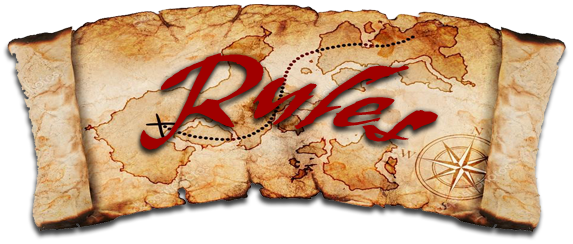

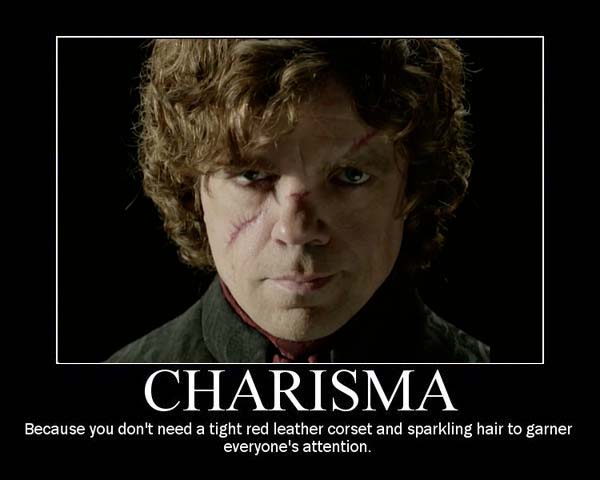
We use the Pathfinder rules and my house rules, and a scattering of 3pp. There is an rtf sheet under Files on the subgroup; please use that sheet/format (and please don't change the font or indents). Please do make sure your character complies with the latest requirements for extra ability points! :)
Summoners must be unchained. Gunslingers must be either gnomes or worshippers of Gond.
Most Paizo archetypes are fine; 3pp archetypes can be thrown into the arena of public discussion to see which survive (may the odds be ever in their favor).
Potentially useful favored enemies for rangers atm include: humans, aberrations, and evil outsiders.
No psionics, too many shenanigans.
Also provide at least one of each of these: goals, fears, regrets, and accomplishments.
In answering those questions, you get a lot of room to discuss various things. Appearance, mannerisms, vocabulary; then inner logic, self-perception, emotions; and then truths they may not be acknowledging, the flaws they may not see, and the strengths they're blind to.
One last note on the abilities is that some people think that Charisma score defines how good you look - it isn't that (or at least, not completely that). It is how much personal magnetism you have. It is whether people pay attention when you speak, and follow where you lead. You can have a low Charisma and look good, or a high Charisma and be ugly, it is up to you.
Notes on formatting
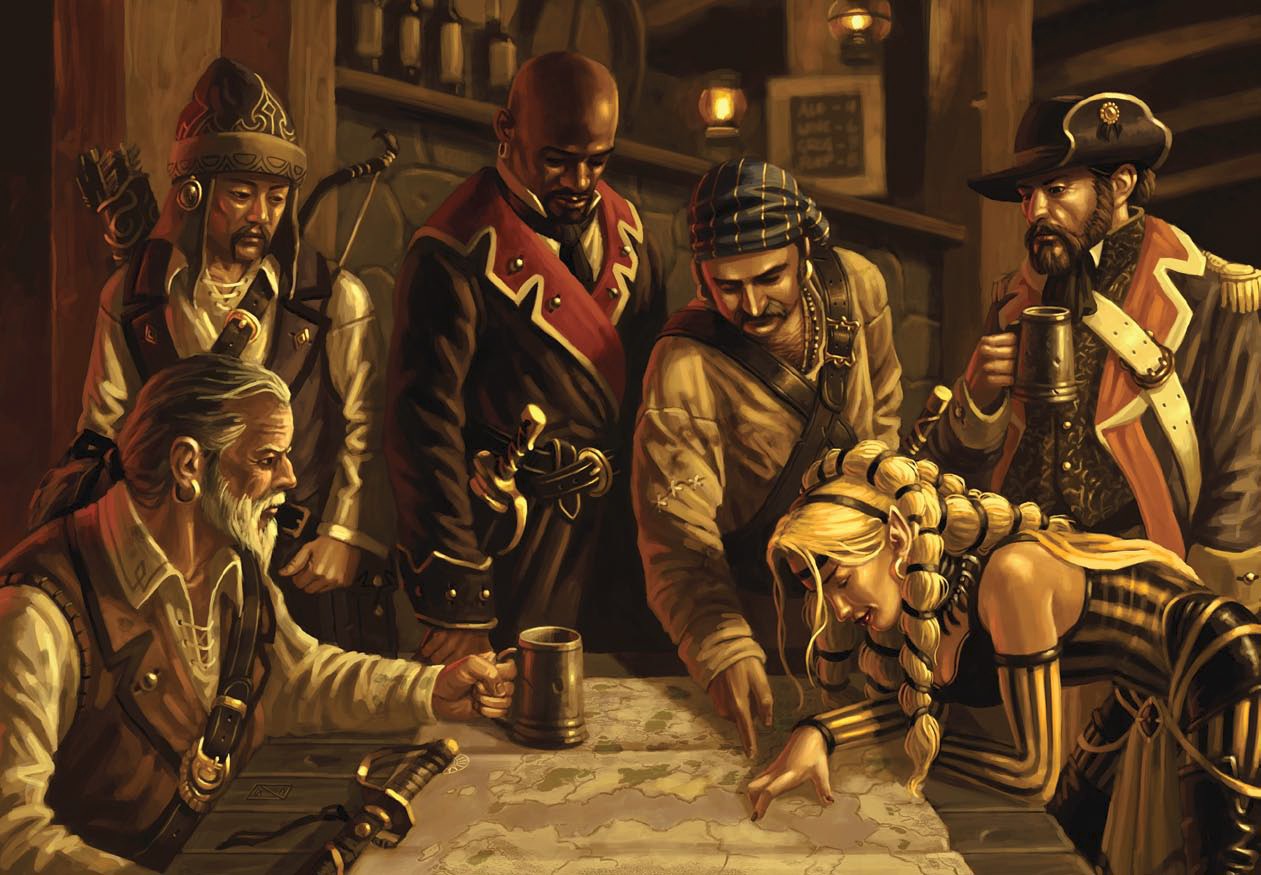
You will need a (free) Discord account, so you can join our server/game channel and roll your own dice rolls. Send your handle to the DM and you'll be invited to the server.
GM rolls initiative, secret rolls (e.g. Sense Motive), and Knowledge checks. Players roll the rest via the Discord server. Players may choose and declare the use of any "use after the die roll but before the GM declares success or failure" abilities (ex: Greater Aid, Fortune, and Against All Odds abilities, and some Hero Point uses) after they make their rolls, but before posting and note such (and the final result) in the OOC portion of their posts. Such choices must be made and posted prior to the DM posting results of the player's rolls. If the player doesn't roll and post within (X period of time), the DM will roll on their behalf (and the player will forfeit the chance to use modification abilities referenced above). The DM also reserves the right to make any rolls needed to move the game along efficiently.
| LG | LN | LE | ||
| \ | | | / | ||
| NG | - | TN | - | NE |
| / | | | \ | ||
| CG | CN | CE |
| Good | - | Neutral | - | Evil |
| Lawful | - | Neutral | - | Chaotic |
- Dabbler
"Good people know that the line has no boundaries. They know that the people in the next village are just like them and just as deserving of compassion and mercy. To the good person, there are no abstract people.
- Dabbler
"Evil people draw the line much closer to home, usually just around themselves. Few evil people actively enjoy hurting others (though the worst ones do), they really are indifferent to it. They have no problem harming others because they are indifferent to such harm. The evil person looks after himself first and foremost. To the evil person, everyone else is an abstract.
- Dabbler
"Your goals don't have to change. Change how far you're willing to go to attain them.
Because nothing is forbidden anymore."
- Mikaze
"I am Evil and generally it means....
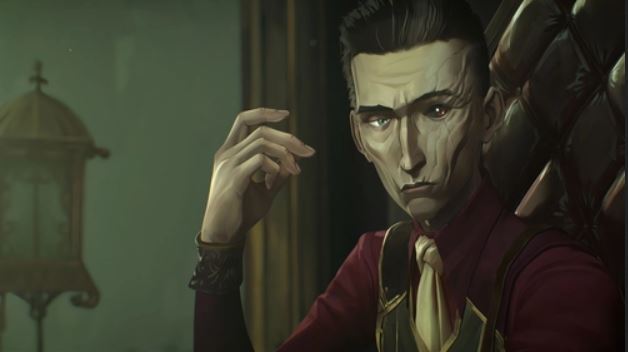 Evil does not mean.....
Evil does not mean.....
As an Evil Individual, I know better than to flaunt my evil. That is a quick way to loose friends and allies. Even us evil people like to have friends and have feelings for people. Evil is capable of love and caring about people even if in a very selfish possesive way. I still value my companions company though never more than himself.
I realize that I will sometimes have to do things these softhearted friends/allies of mine what me to do even if I dont get immediate compensation for doing it. After all I need those allies to cover my ass later when there is a large payment waiting for a task to completed.
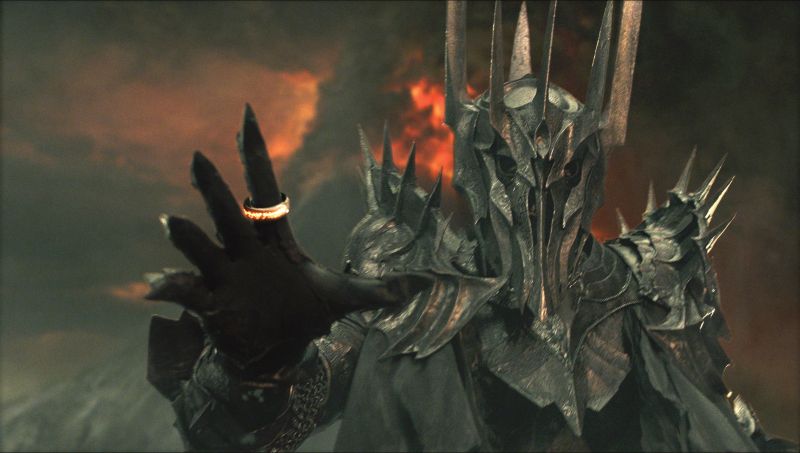 I care about my personal safety. Your damn right I surround myself with good aligned allies rather than evil or neutral ones. Good allies wont sell me out. Good allies wont murder me in my sleep and take my stuff. Good allies will risk their lives to rescue me. Heck even when I screw them over, my Good allies will not immediately kill me, their stupid morals say killing is wrong. They have to trap me and try to convience me to change or at worst throw me in jail until I have paid my debt. As long as I dont force them into a corner and threaten them with serious bodily harm they arent allowed to kill me. Even if I try to escape they have to try to catch me without killing me first. Why you ask? Cuz they are good. Heck if I can get them to like me and care about me enough I can even get them to cover for me when I do something bad that they know is morally wrong. Why? Because their sad little soft sappy hearts dont want something bad to happen to a good friend and they know that deep down in side I'm really just a confused scared person that needs love. Excuse me while a vomit.
I care about my personal safety. Your damn right I surround myself with good aligned allies rather than evil or neutral ones. Good allies wont sell me out. Good allies wont murder me in my sleep and take my stuff. Good allies will risk their lives to rescue me. Heck even when I screw them over, my Good allies will not immediately kill me, their stupid morals say killing is wrong. They have to trap me and try to convience me to change or at worst throw me in jail until I have paid my debt. As long as I dont force them into a corner and threaten them with serious bodily harm they arent allowed to kill me. Even if I try to escape they have to try to catch me without killing me first. Why you ask? Cuz they are good. Heck if I can get them to like me and care about me enough I can even get them to cover for me when I do something bad that they know is morally wrong. Why? Because their sad little soft sappy hearts dont want something bad to happen to a good friend and they know that deep down in side I'm really just a confused scared person that needs love. Excuse me while a vomit.
Basically, I am evil, I sure as hell wouldn't trust me and so I don't trust anyone like me either. So I make sure all of my friends and companions are sappy soft hearted saps. I sleep better at night knowing that."
- FreelanceEvilGenius
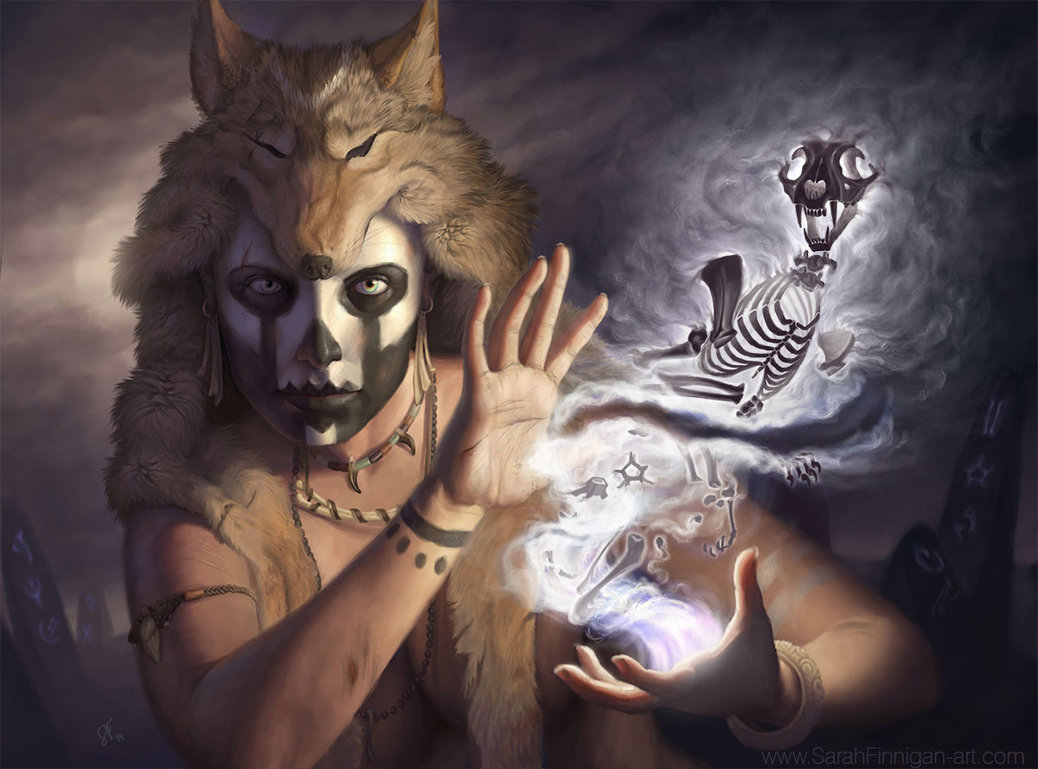
This is a post Rich Burlew made on the Giants in the Playground site, related to the "slant your actions" article at Errant Dreams. He didn't make a link to this specific part of his post, so I'm reproducing the relevant section of it here:
"Have you ever had a party break down into fighting over the actions of one of their members? Has a character ever threatened repeatedly to leave the party? Often, intraparty fighting boils down to one player declaring, "That's how my character would react." Heck, often you'll be the one saying it; it's a common reaction when alignments or codes of ethics clash.
However, it also creates a logjam where neither side wants to back down. The key to resolving this problem is to decide to react differently. You are not your character, and your character is not a separate entity with reactions that you cannot control. I can't tell you how many times I've heard a player state that their character's actions are not under their control. Every decision your character makes is your decision first. It is possible and even preferable for you to craft a personality that is consistent but also accommodating of the characters the other players wish to play.
When you think about a situation, ask yourself, "Is this the only way my character can react to this?" Chances are, the answer is, "No." Try to refine your character so that you can deal with situations that conflict with your alignment/ethos without resorting to ultimatums, threats, etc. This will often mean thinking in terms of compromise and concession to your fellow players, or at the very least an agreement to disagree.
Here's another example: In a campaign I DM'd, the party's bard lifted a magical sword behind the back of the party's Lawful Good monk. The monk had basically decided that the bodies of several fallen knights would be buried without looting, and rather than argue, the bard just grabbed the sword. The bad news was, the sword was cursed; it was the blade that had belonged to a ghost that roamed the castle, and whenever the bard drew it, the ghost materialized and attacked him (and only him). Eventually, the bard 'fessed up that he had stolen the sword. The monk (and the monk's player) became furious, and declared that he could no longer travel with the bard. Either the bard had to leave, or he would. It became a huge argument between characters and players, and it was entirely unnecessary. The monk did not have to react with an ultimatum; the monk did not even have to be angry, no matter what his alignment was. The bard had already suffered the misfortune of having his Charisma drained by the ghost repeatedly; the monk could have chosen (for example) to lecture the bard on how his theft had brought him nothing but misery. He chose to create player conflict when it was just as easy to not.
Personally, I blame the paladin for this. The original paladin class created the precedent for one player thinking he has the right to dictate the morality of other players. That drives me nuts. Ever since, players who select a Lawful Good character automatically assume it is up to them to police the rest of the party, and too often, the rest of the party lets them. As far as I'm concerned, no player has the right to tell another player how to act. Lawful Good is not the "right" way to be, and it is unacceptable to push your character's ideals on other players whether they want them or not.
Another useful application of this concept involves accepting story hooks your DM gives to you. Try to never just say, "My character isn't interested in that adventure." A lot of people mistake this for good roleplaying, because you are asserting your character's personality. Wrong. Good roleplaying should never bring the game to a screeching halt. One of your jobs as a player is to come up with a reason why your character would be interested in a plot. After all, your personality is entirely in your hands, not the DM's. Come up with a reason why the adventure (or the reward) might appeal to you, no matter how esoteric or roundabout the reasoning.

If the paladin is to blame for the last problem, this one belongs to the druid. Druids have such a specific set of principles that players often mistake them for being a free pass to demand that each adventure revolve around their goals. Raiding a dungeon for gold doesn't appeal to the druid mindset, so what are you to do if you play one and are presented with that goal? You improvise. Maybe the gold will enable you to purchase magic items that will let you protect the wilderness. Maybe the ruins contain unnatural monsters that need to be killed regardless of the treasure. Maybe, just maybe, the other PCs are your friends and you are willing to help them just because. Too often that last part is forgotten; I don't think anyone reading this has never spent the night doing something they'd rather not because a friend asked.
So if you're really paying attention, you may be thinking, "Hey, don't those two points contradict one another? First he says to separate what your character thinks from what you think, but then he says your character doesn't have its own reactions." Well, no. Separate your character's thoughts from your own thoughts, but don't forget who is in control of both personalities. The division between your personality and that of your character only goes so far as it helps the game; once it begins becoming a disruption, a player has a responsibility to alter his or her character's decisions in the interest of the group. In the end, your relationships with the people you are sitting in someone's living room with are more important than your character's internal consistency."
- Rich Burlew